Vaccine nationalism and vaccine diplomacy
This blog explores the factors impacting access to Covid-19 vaccines in the global south, including economic, political and intellectual property constraints.

This blog explores the factors impacting access to Covid-19 vaccines in the global south, including economic, political and intellectual property constraints.
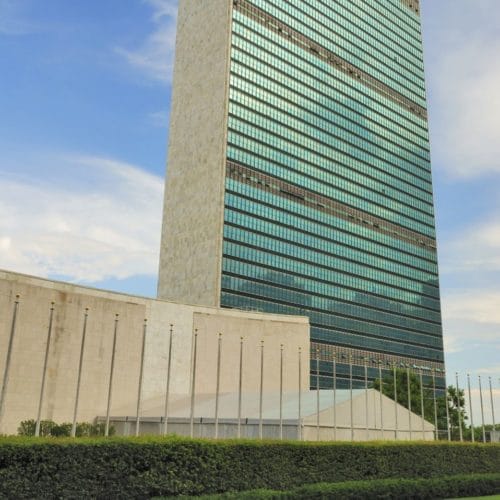
This blog reflects on the search for the new United Nations chief of humanitarian affairs. Will the UN Secretary-General have the special X-ray vision to detect the person with the sturdiest humanitarian backbone?

“Collateral damage” has been a recurring feature of the wars in Afghanistan and the Middle East for the past two decades. This blog post examines the European Court of Human Rights decision in the case of Hanan vs Germany and the impact for civilian victims.
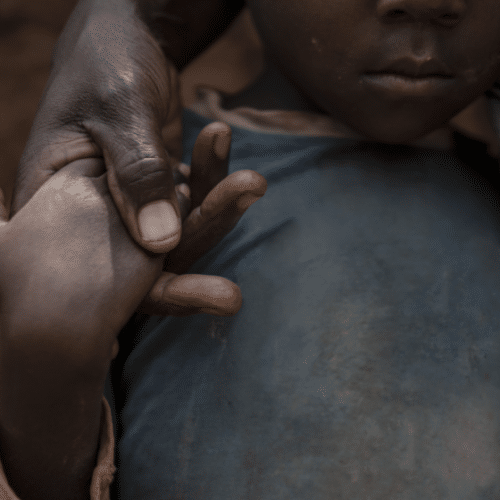
This blog provides an overview of new data on children living in conflict zones where armed actors are reported to perpetrate sexual violence against children.
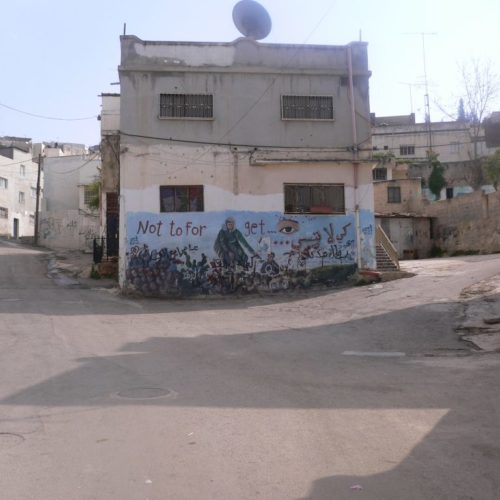
In November 2020, the Commissioner General of UNRWA informed UNRWA staff there was insufficient funds to pay their salaries in full for the month. This blog examines the implications of the ongoing UNRWA funding crisis.

This blog examines the provision of legal aid to refugees in countries that do not have any refugee-specific legislation and where the rule of law is largely absent.
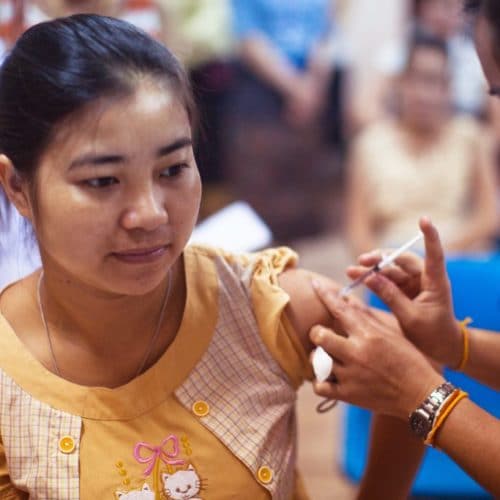
After lockdowns and the related dire political, social, and economic consequences, the world has welcomed the news that several companies are approaching an effective vaccine for Covid-19. This blog asks what are the effects of these vaccines?
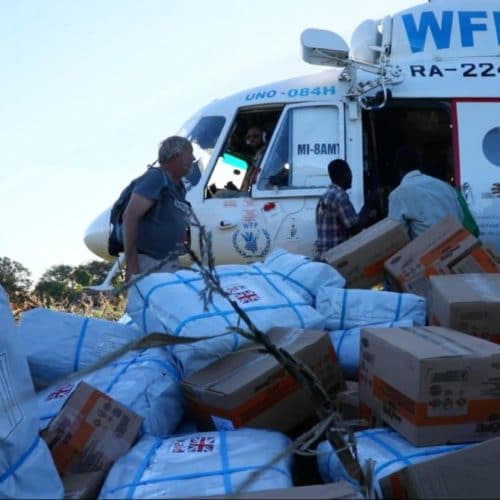
In this Nobel Peace Prize blog series, we examine the implications of the award and critically engage in debates on food (in)security, food aid, innovation and technology and the WFP as a humanitarian actor.
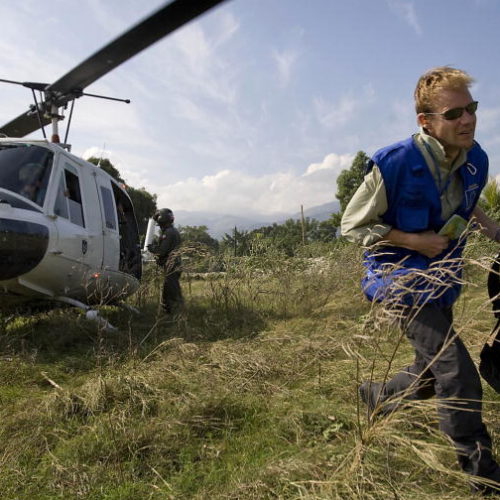
This blog examines the imperial past alongside along the humanitarian present, as well as the influences on our understanding of humanitarianism.
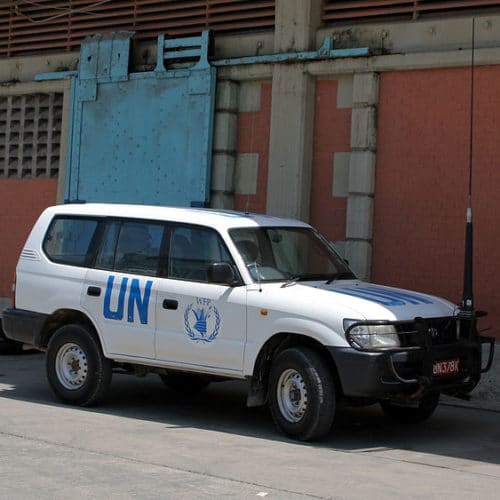
This blog reflects on the Nobel committee’s announcement of the WFP as the winner of the Nobel Peace Prize and whether food aid boosts peace.

The recent award of the Nobel Peace Prize to the WFP triggered mixed reactions. This blog asks do already privileged organisations doing their mandated jobs need such affirmation? Should humanitarian and peace efforts be confounded?
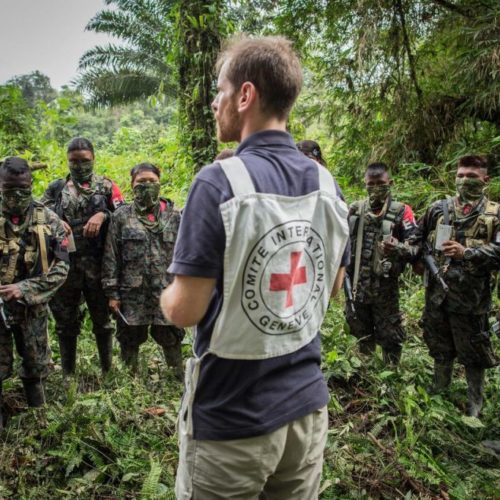
This blog explores the challenges humanitarians face as they try to achieve operational aims such as the delivery of humanitarian aid to civilians.